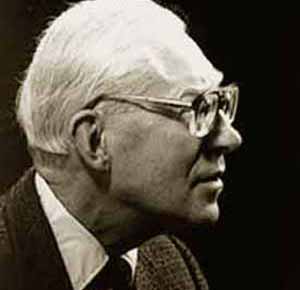The Distinction Between Free Will and Free Agency
INABILITY: FALLEN HUMAN BEINGS ARE BOTH FREE AND ENSLAVED
 by J.I. Packer
by J.I. Packer
The heart is deceitful above all things and beyond cure. Who can understand it? - JEREMIAH 17:9
Clear thought about the fallen human condition requires a distinction between what for the past two centuries has been called free agency and what since the start of Christianity has been called free will. Augustine, Luther, Calvin, and others spoke of free will in two senses, the first trivial, the second important; but this was confusing, and it is better always to use free agency for their first sense.
Free agency is a mark of human beings as such. All humans are free agents in the sense that they make their own decisions as to what they will do, choosing as they please in the light of their sense of right and wrong and the inclinations they feel. Thus they are moral agents, answerable to God and each other for their voluntary choices. So was Adam, both before and after he sinned; so are we now, and so are the glorified saints who are confirmed in grace in such a sense that they no longer have it in them to sin. Inability to sin will be one of the delights and glories of heaven, but it will not terminate anyone’s humanness; glorified saints will still make choices in accordance with their nature, and those choices will not be any the less the product of human free agency just because they will always be good and right.
